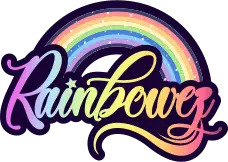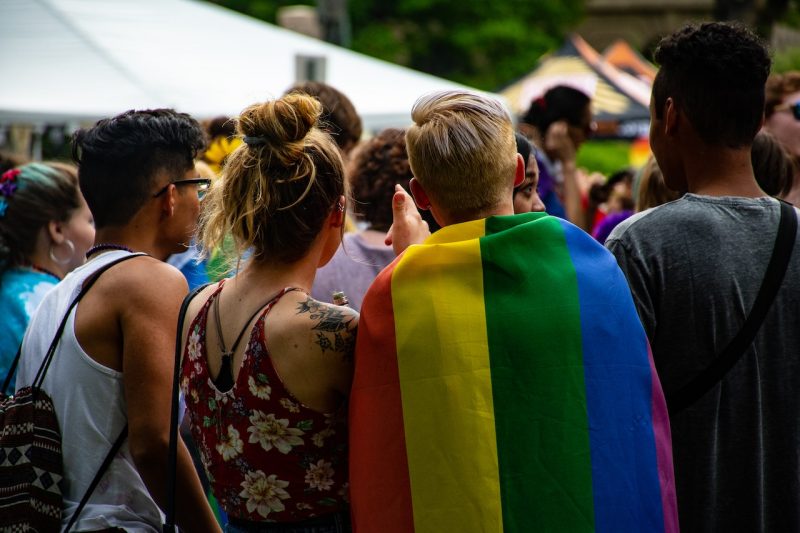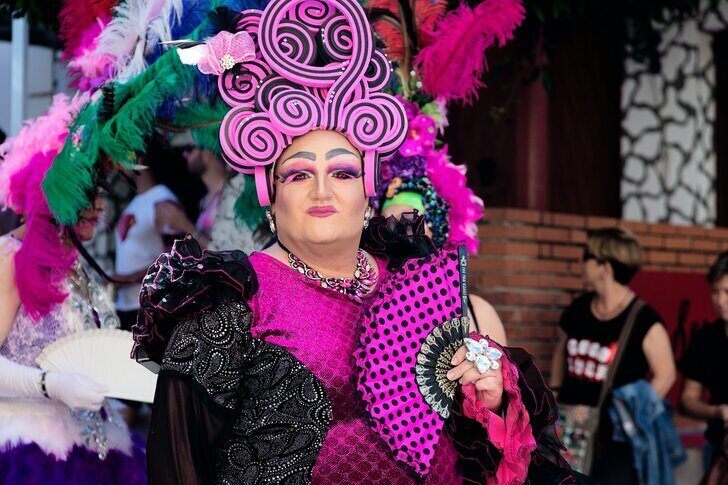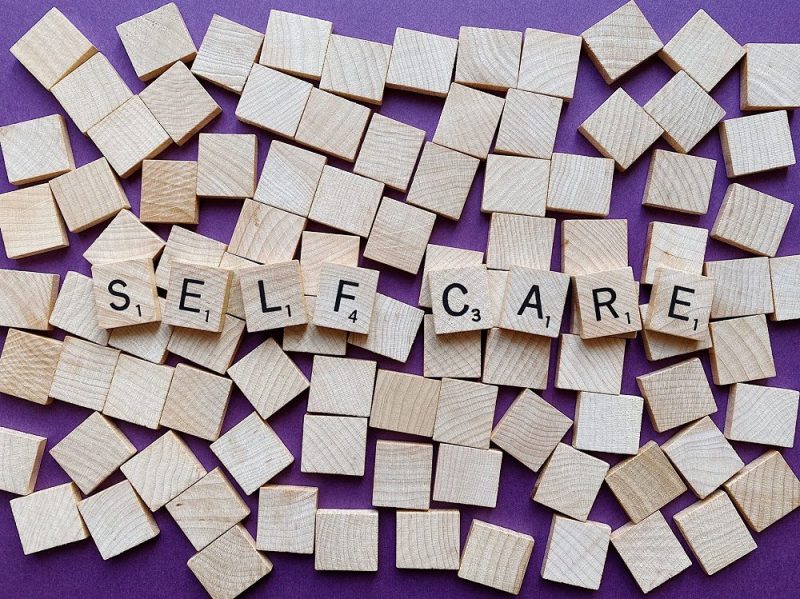The modern workplace is celebrated for its inclusivity, dynamism, and an environment that fosters innovation. Diversity and equality are the buzzwords of our era, and yet, beneath this veneer of progressiveness, a more sinister undertone lurks for many LGBTQ+ workers.
It is a reality that often goes unseen or unheard, a whisper that grows louder with each discriminatory comment or gesture, prompting a significant number of LGBTQ+ employees to reconsider their professional journeys. Now, let’s go ahead and dive deep:

Rose / Pexels / The silver lining is that the trend is now shifting for good - for the better good of the LGBTQI+ community.
Overt Discrimination: The Ugly Reality
For many LGBTQ+ workers, overt discrimination is a daily challenge. A 2018 survey from the Center for American Progress found that one in four LGBTQ+ respondents experienced discrimination because of their sexual orientation or gender identity in the year prior.
These forms of discrimination include blatant verbal harassment, being passed over for promotions due to bias, or even wrongful termination. Imagine turning up at your workplace only to be greeted with derogatory slurs or offensive jokes. For many LGBTQ+ individuals, this is not just a fear. Rather, it is a reality.
Subtle Discrimination Is the Silent Enemy
Equally distressing, if not more so, is the insidious presence of subtle discrimination. This can manifest in numerous ways: microaggressions, exclusion from workplace social events, or coworkers making assumptions based on stereotypes.
Essentially, it is the casual comment about someone's appearance or the backhanded compliment that suggests surprise at an LGBTQ+ worker's competence. These smaller incidents might seem insignificant in isolation. But they accumulate, building a toxic work environment that gradually erodes one's sense of belonging and worth.

Karolina / Pexels / Studies show that overt discrimination is one of the main reasons why the LGBTQI+ community quit their jobs.
Interestingly, a 2017 report from Harvard Business Review highlighted how “covering” or downplaying one’s identity is common among LGBTQ+ professionals. They do so to fit into the mainstream or avoid potential discrimination. This constant dance of hiding one's true self can be mentally exhausting and can lead to decreased job satisfaction.
The Real Cost
Beyond the personal anguish and mental health issues it causes, such discrimination has tangible repercussions for businesses. A study from the Human Rights Campaign finds that nearly one in ten LGBTQ+ employees have left a job due to an unwelcoming environment. This is not just a loss of talent, though. Instead, it is a dent in productivity, creativity, and ultimately, profitability.
Moreover, organizations with poor LGBTQ+ inclusivity risk damaging their reputation in this era of conscientious consumerism. Many consumers today make purchasing decisions based on a company's ethical stance and inclusivity records.
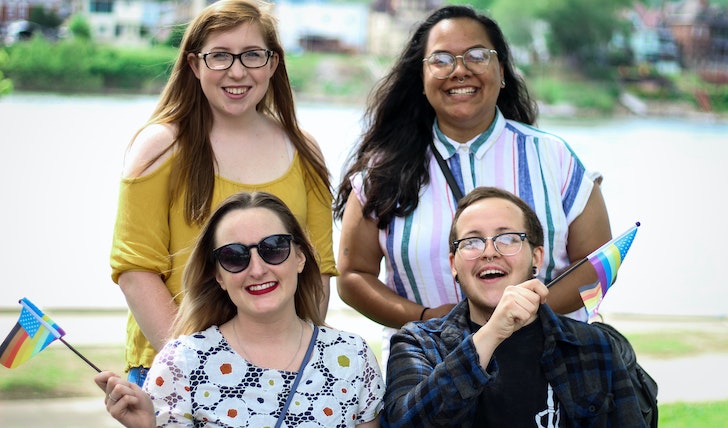
Rose Mary / Pexels / One in ten LGBTQ+ employees have left a job due to an unwelcoming environment, studies show.
The Silver Lining: A Shifting Landscape
But it is not all doom and gloom. There is an undeniable shift happening, and there are signs of hope on the horizon. More businesses are becoming aware of the value of diversity, not just in terms of PR. But as a genuine asset.
Moreover, younger generations entering the workforce have different expectations. A study from the Pew Research Center indicates that millennials are the most LGBTQ+-inclusive generation to date. As they rise in the ranks and take up leadership roles, the hope is they will bring a more inclusive perspective to the table.
